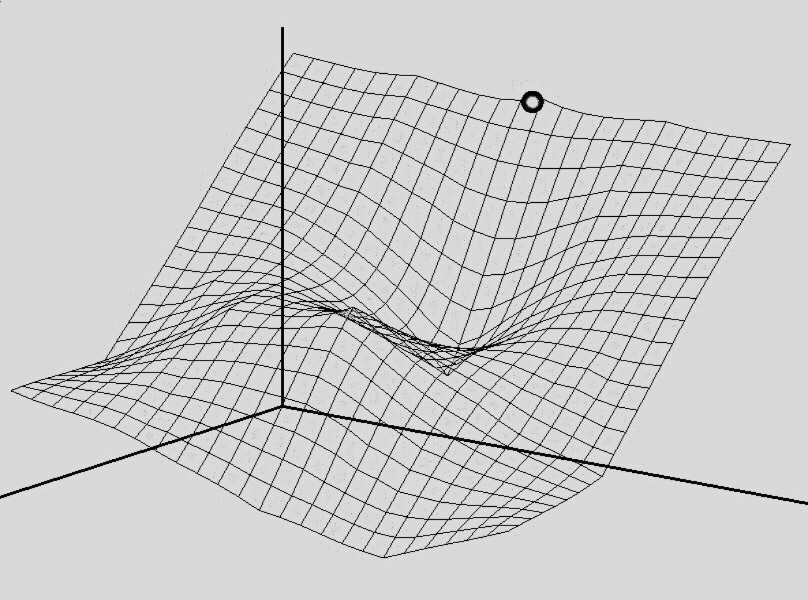Phytoplankton productivity and community structure on the Northwest Atlantic continental shelf
Investigator Greg Britten

Continental shelves house highly dynamic and productive ecosystems that support regional communities through fisheries and a variety of other marine resources. Relative to open ocean communities, continental shelves experience high environmental variability and complex interactions with sediments, rivers, terrestrial inputs, and adjacent slope waters. Continental shelf phytoplankton communities have evolved to thrive in this dynamic environment; however, the mechanisms of adaptation and the underlying traits and their trade-offs among life history strategies are poorly understood. We seek a general understanding of traits and trade-offs operating in continental shelf phytoplankton communities and how these traits give rise to patterns of phytoplankton productivity and community structure we observe. Focusing on the Northwest Atlantic continental shelf, this project will develop models of phytoplankton traits and tradeoffs in shelf ecosystems from a theoretical, statistical, and numerical modeling perspective. At the core of this work is the general size- and trait-based planktonic ecosystem structure developed via the Darwin ecosystem model. The Darwin model describes phytoplankton traits (e.g. rate parameters, stoichiometric coefficients) as functions of size and trade-offs with other traits. We seek to learn these trait functions in the context of the Northwest Atlantic continental shelf and explore their consequences for shelf productivity and community structure. Modeling work will be informed by existing plankton observing networks currently deployed in the Northwest Atlantic, much of which is managed by PI Britten’s WHOI colleagues; for example, the Northeast Shelf Long-term Ecological Research Site and the Harmful Algal Bloom Observing Network which provide high resolution data on phytoplankton productivity and community structure. This work will also synergize with efforts of the Edwards lab at UCSC where researchers are developing Darwin models for the Northeast Pacific continental shelf and California Current, providing a comparative approach across continental shelves in eastern vs. western boundary systems.
CBIOMES Collaborators in Britten’s Group
Danling Ma


